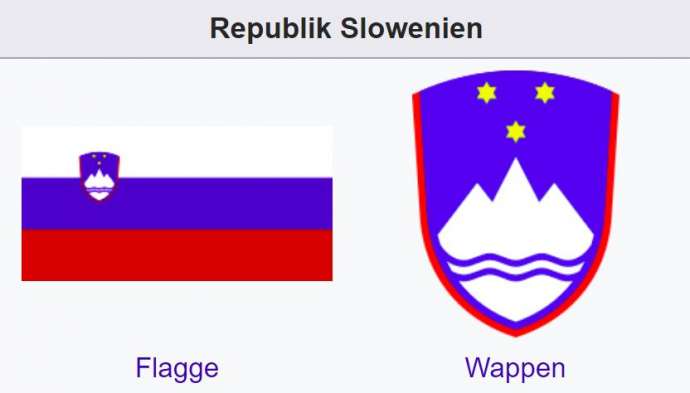STA, 1 December 2018 - Foreign Minister Miro Cerar said that there were no legal grounds for recognising the German-speaking community as a minority as he responded to a renewed call by the community to be granted the same rights as the Italian and Hungarian communities in Slovenia.
According to a report in Saturday's issue of the newspaper Večer, Cerar told Austrian members of the Slovenia-Styria committee that there were no legal grounds to recognise the minority and "no circumstances that would dictate giving a special status to this ethnic group".
"But we will work to additionally support it in its cultural activities and ensuring its identity," Cerar said on the sidelines of the meeting of the joint committee on Friday.
The Federation of Cultural Associations of the German Speaking Ethnic Group in Slovenia in Slovenia repeated its call to be recognised as a minority in the Constitution this week.
There are around 2,000 “German-speaking Slovenes” in Kočevje and Maribor
It demands that Slovenia and its public institutions finance the operations and sustainable development of cultural associations of the German speaking community in Slovenia, respect the community's members as loyal Slovenian citizens and introduce German as a teaching language in line with the European Charter for Regional or Minority Languages of the Council of Europe.
It is estimated that the community has about 2,000 members, most of them living in the area of Kočevje in the south and in the city of Maribor in the north-east.
Slovenia believes that the status of the German-speaking community in Slovenia falls under a 2001 agreement with Austria on cooperation in culture, education and science.
Under the agreement, the German-speaking community enjoys the rights stated in Article 61 of the Constitution, which stipulates that everyone has the right to "freely express affiliation with their nation or national community, to foster and give expression to their culture, and to use their language and script".






